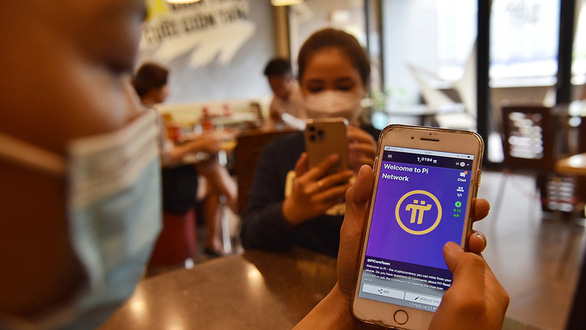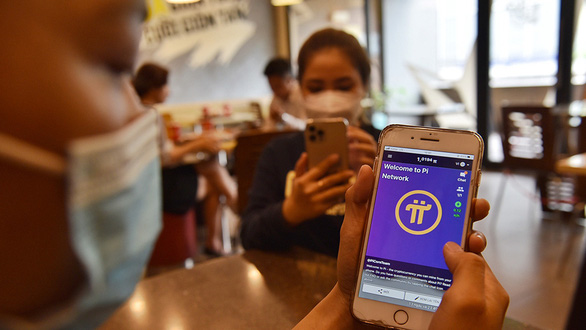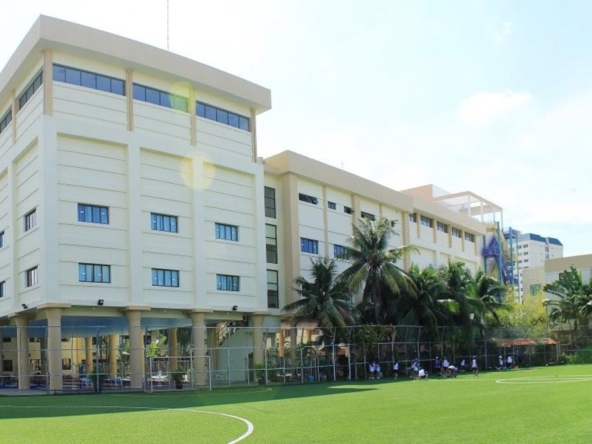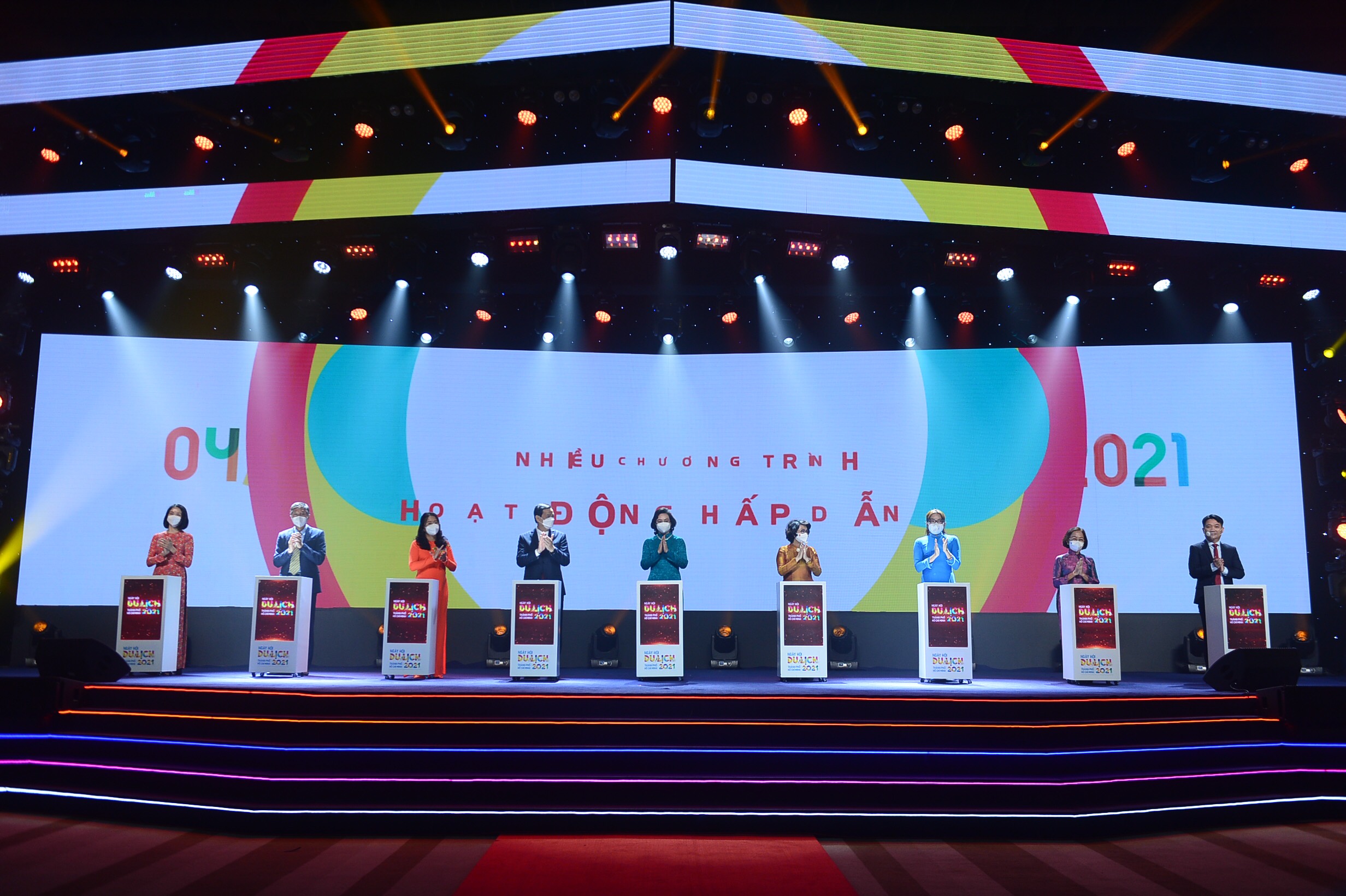Inexperienced cryptocurrency investors in Vietnam are hoping to hit it big with Pi

Armed with little more than a smartphone and a dream, inexperienced cryptocurrency investors in Vietnam are hoping to hit it big with Pi – a cryptocurrency that can be mined from a phone.
As the crypto-craze in Vietnam continues being fueled by skyrocketing bitcoin prices and overnight millionaires, investors in the country are looking for low-barrier avenues to make their own fortunes on digital currency.
Enter Pi, a relatively new digital token that can be mined through the Pi Network app, advertised as “breakthrough tech [that] allows you to mine [Pi] on your phone without draining your battery.”
Unlike conventional cryptocurrency mining, which involves the use of significant computer power to verify the legitimacy of transactions in order to earn tokens as a reward, obtaining Pi only requires ‘miners’ to log into the application and tap a button every few hours.
With such a low barrier to entry, Pi mining has pulled in scores of Vietnamese crypto-newbies in recent weeks.
“We’ve missed the boat on bitcoin, so many of us have switched to mining Pi,” said Duc Danh, a Facebook user in Ho Chi Minh City.
“There’s nothing to lose.
“After a few years, if the project succeeds, each Pi could be worth dozens of U.S. dollars.”
Also in on the Pi hype is Vinh from Phu Nhuan District, a Pi miner who has recruited 70 other ‘miners’ and aggregated over 1,000 Pi coins for doing so as part of a Pi Network program akin to a multi-level marketing scheme.
“Pi mining costs nothing but bits of phone storage,” Vinh argued.
“What if the price shoots up to a few hundred U.S. dollars in the future?
“No one expected bitcoin to soar to $50,000.”
New members on the Pi Network receive one free Pi coin and start with a mining speed of 0.1 Pi per hour.
This velocity will increase with more accepted referrals, thus incentivizing users to gather as many new recruits under their umbrella as possible.
On Facebook, Pi Network groups have amassed hundreds of thousands of members curious about crypto mining, Pi’s identity verification system, and security.
K., a newbie in one of these groups, shared great optimism for the cryptocurrency.
“I learnt about Pi the other day on Facebook, and have had high hopes for it ever since,” he said.
Despite not being listed on big-name cryptocurrency exchanges, Pi’s trading value is already receiving real-world recognition, with one coffee shop in Ho Chi Minh City accepting the token as payment.
There are also reports of an e-commerce platform that accepts Pi as payment at a rate of VND100,000 ($4.5) for one Pi token, though the website was taken down on February 28.
No free lunch
Vietnamese users should take careful consideration before joining the Pi Network, said Dang Minh Tuan, a blockchain expert at the Posts and Telecommunications Institute of Technology in Hanoi, during a conversation with Tuoi Tre (Youth) newspaper.
The most obvious thing, according to Tuan, is the risk of giving away personal data to the app developers.
With a community estimated at over 15 million users worldwide, Pi is currently a gold mine of personal data that can be abused for targeted ads on Google, Facebook, and TikTok.
On top of that, Pi’s core team has not yet registered itself as a legal entity, which renders the contracts and ownership accords between users and Pi unprotected by law.
Pi has also not yet released its source code to the public, making the aggregate supply and demand of Pi tokens unidentifiable.
This indicates a huge risk for users involved because the developers have the power to inflate the currency as they please.
Sharing the skeptic’s view, financial expert Lam Minh Chanh sounded the alarm about scams in the likes of Onecoin, Skyway, or MyAladdinz.
According to Chanh, Pi is not completely free as users have to invest a great amount of time and phone resources.
They also face data security risks in return for the hopes of high investment returns that are fanned by vague speculation.
“Miners are unlikely to get rich. There is no free lunch,” he said.
According to Nguyen Hoang Minh, deputy director of the State Bank branch in Ho Chi Minh City, bitcoin and other similar types of cryptocurrency are not methods of payment compliant with law in Vietnam.
Issuing, supplying, and using bitcoin as well as other similar types of cryptocurrency as forms of payment are also prohibited.
Accordingly, users and suppliers of cryptocurrency in the country will be declared culpable and subject to penalties.







